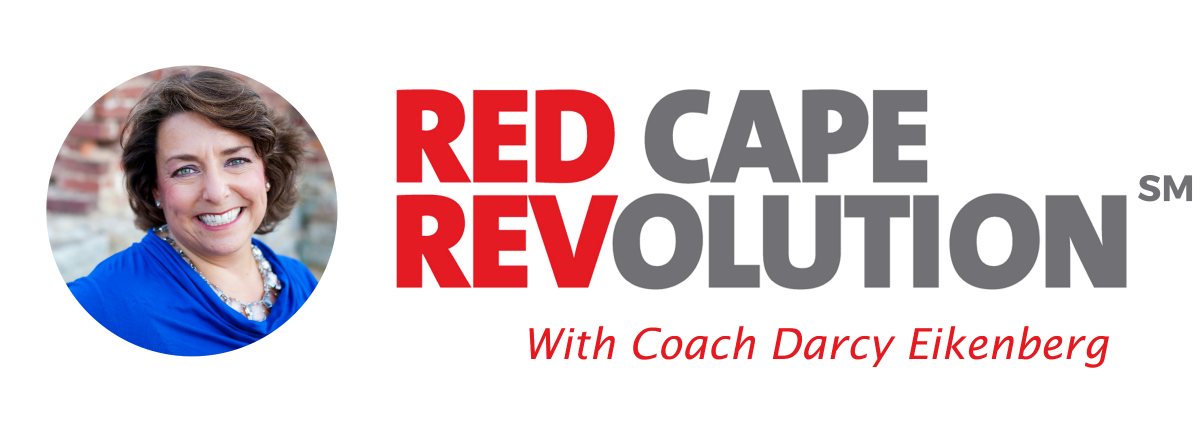Our favorite summer celebration is here again–Independence Day. Maybe you know it by its more famous moniker, “July 4th.”
Somehow, all this talk about the date–but not the holiday–rings flat to me. Whatever happened to saying “Happy Independence Day”? How did we lose the battle of the words?
Here are my five theories about how what happened to Independence Day:
1. Most of us don’t know what the date signifies.
There’s truth in that.
My friend Ray reminds me that most people probably think “Independence Day” was just a cool Will Smith movie.
Now, I’m not a great student of history, but I know that July 4th is just a date.
An anniversary, to be more specific, marking a time when brave leaders risked death to claim a fledgling nation’s independence.
Or, skeptics may say it’s when savvy land-owners were fed up paying taxes to a far-away government that wouldn’t let them decide how that money was spent.
Either way, the date marked freedom.
2. We worry that it’s politically incorrect.
I get the idea behind this one.
After all, the word “independence” has an attitude of pride about it.
(Try it yourself-you can’t say the word without sitting up straighter.)
But if talking about U.S. independence is too prideful, why do immigrants keep coming here seeking different, if not better, lives? Why do a million people a year work hard to earn naturalized status?
Notice who’s at your local fireworks display–black, tan, white, red (or is that just Uncle Joe who forgot his sunscreen?).
Citizen or not, if you’re able to watch rockets red glare over your local mall or football field, you can find a reason to appreciate U.S. independence.
3. “Independence Day” is longer to tweet than “the 4th.”
That’s true. But are your tweets that interesting anyway?
4. We don’t think that words matter.
This one’s so mistaken.
Think about Thanksgiving.
Just saying the word makes your heart tug. It conjures up memories and images, reinforcing ideas that are of value to you. 
What could happen if we said “independence” more often?
Could we feel more independent, act with more national pride?
In our age of communicating in 280 characters, the words we choose say everything about us.
And what we say sticks.
5. We’re afraid of independence.
This theory is hard for me to understand. I treasure my independence.
I run my own company, pay my own bills, travel freely, openly speak and write my thoughts, and make my own mistakes.
The places on the globe where you can paint this picture seem few and far between.
Maybe the fear comes from thinking that independence means doing everything alone.
I see this a lot in my work as a leadership coach, where people struggle with problems on their own for too long and forget how to work interdependently with others.
Maybe it’s ironic that we all need each other to live an independent life.
Our founding fathers knew this, as the farmer, merchant, seamstress and sailor worked together to gain independence for all.
My favorite story about independence comes from the classic show “Rudolph the Red-Nosed Reindeer.”
In it, a non-traditional elf named Hermey wants to run away and become a dentist. He talks of being “in-de-pen-dent.”
Then he meets Rudolph, who’s also an outcast because of his nasal light fixture.
The two decide to be “in-de-pen-dent together.”
I love that concept.
Let’s be independent together.
And let’s use the words, because they matter. Happy Independence Day!
(Would you do me a favor? If you like what you’re reading here, would you share this with a friend or two? We’ve tried to make it easy with the buttons below. And come say hello on our Facebook page–we’d love to chat with you there, too! Thanks!)



